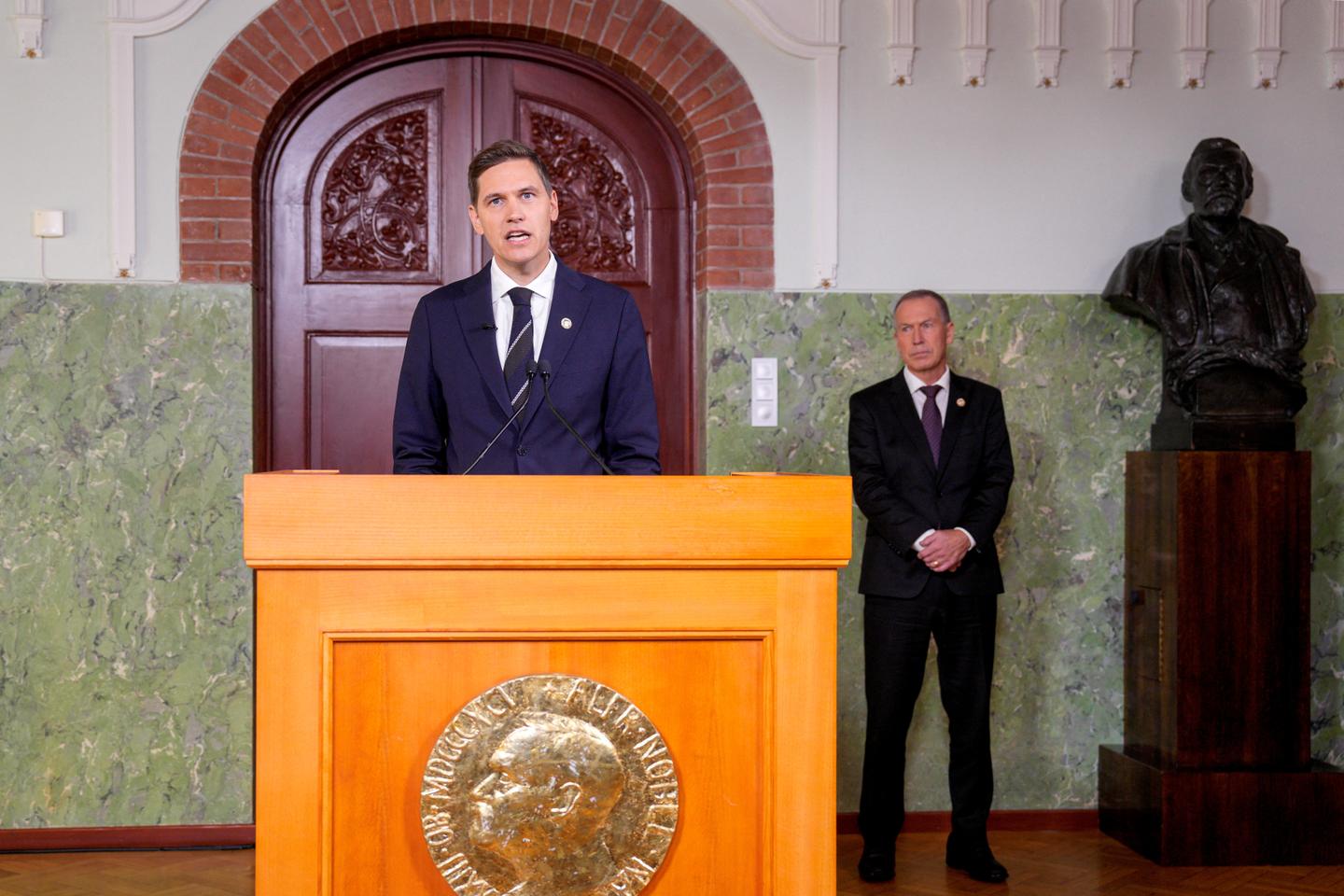


The Nobel Peace Prize was on Friday, October 11, awarded to the Japanese anti-nuclear group Nihon Hidankyo, a grassroots movement of atomic bomb survivors from Hiroshima and Nagasaki, also known as Hibakusha.
The group received the honor "for its efforts to achieve a world free of nuclear weapons and for demonstrating through witness testimony that nuclear weapons must never be used again," said Jorgen Watne Frydnes, the chair of the Norwegian Nobel Committee in Oslo.
"The extraordinary efforts of Nihon Hidankyo ... have contributed greatly to the establishment of the nuclear taboo. It is therefore alarming that today this taboo against the use of nuclear weapons is under pressure," Watne Frydnes told a press conference where he announced the winner of this year's prize.
Six days of Nobel announcements opened on Monday with Americans Victor Ambros and Gary Ruvkun winning the medicine prize. Two founding fathers of machine learning – John Hopfield and Geoffrey Hinton – won the physics prize on Tuesday. On Wednesday, three scientists who discovered powerful techniques to decode and even design novel proteins were awarded the Nobel Prize in chemistry. On Thursday, Han Kang became the first South Korean author to win the Nobel Prize in Literature.
